1. Coca-Cola’s Early Cocaine Content
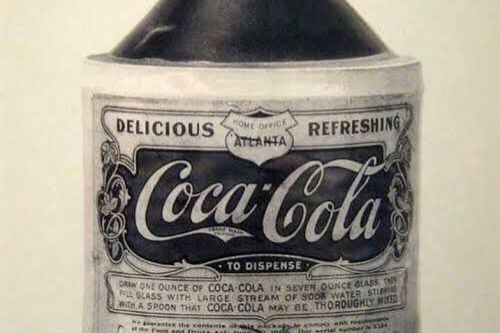
The original formulation of the world’s most recognizable soft drink, first sold in 1886, contained ingredients that are shocking by today’s standards. Initially, the beverage included small amounts of cocaine, derived from the coca leaf used in its secret recipe. The product was originally promoted as a “nerve tonic” and health aid, reflecting the prevalent, though misguided, medicinal uses of coca preparations at the time. While the stimulant was eventually removed around 1903, leaving only the flavor of the decocainized leaf extract, this early history of a mind-altering component is a stark contrast to the wholesome, family-friendly image the brand projects today.
2. Fanta’s World War II Nazi Germany Birth
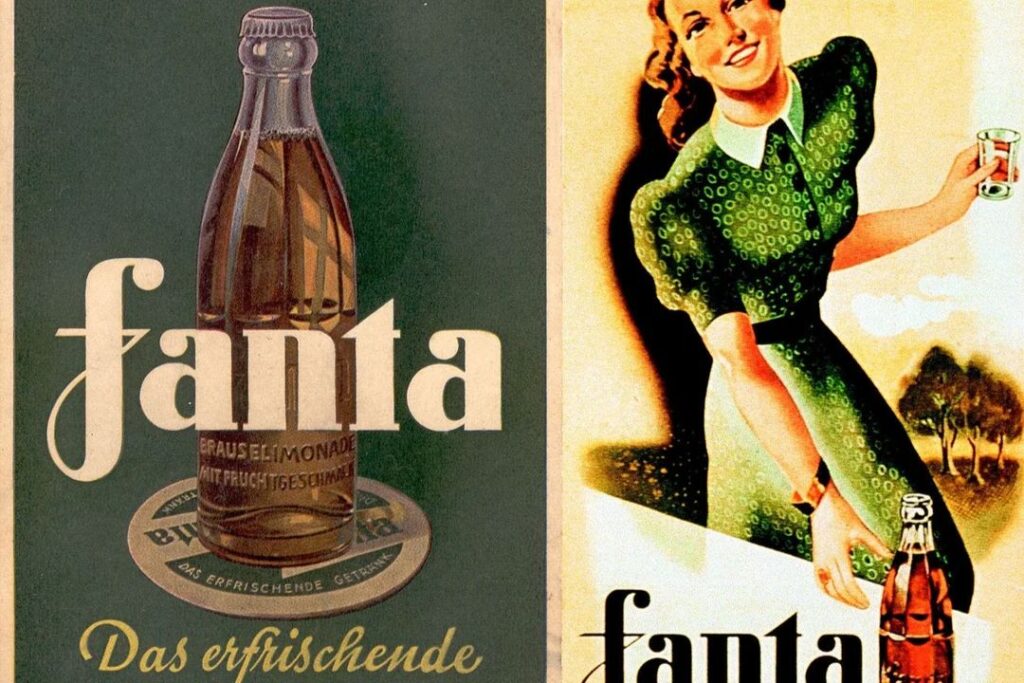
The popular orange-flavored soft drink Fanta was not an American invention but was actually created in Nazi Germany during World War II. Due to the Allied blockade, Coca-Cola’s German bottling plant could not import the necessary syrup to make the original cola. Max Keith, the head of Coca-Cola Deutschland, had to authorize the creation of a new beverage using only ingredients available in Germany, such as leftover cheese whey and apple fiber. The name “Fanta” came from the German word for fantasy, “Fantasie.” Following the war, the company used a completely new and now-famous citrus formula to re-launch the brand globally in the 1950s.
3. Bayer Marketed Heroin as a Cough Suppressant
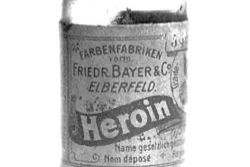
The pharmaceutical giant Bayer, famous for pioneering aspirin, also commercialized heroin (diacetylmorphine) starting in 1898. The company’s scientists synthesized the drug as a powerful cough suppressant and initially marketed it as a less addictive alternative to morphine, often prescribed for children’s coughs and pain relief. Bayer’s advertising promoted heroin extensively, even using it to treat the side effects of common colds. This was done without full knowledge or acknowledgment of its severe addictive properties, which became tragically apparent soon after, leading to its eventual banning.
4. Hugo Boss’s Ties to Nazi Uniform Production
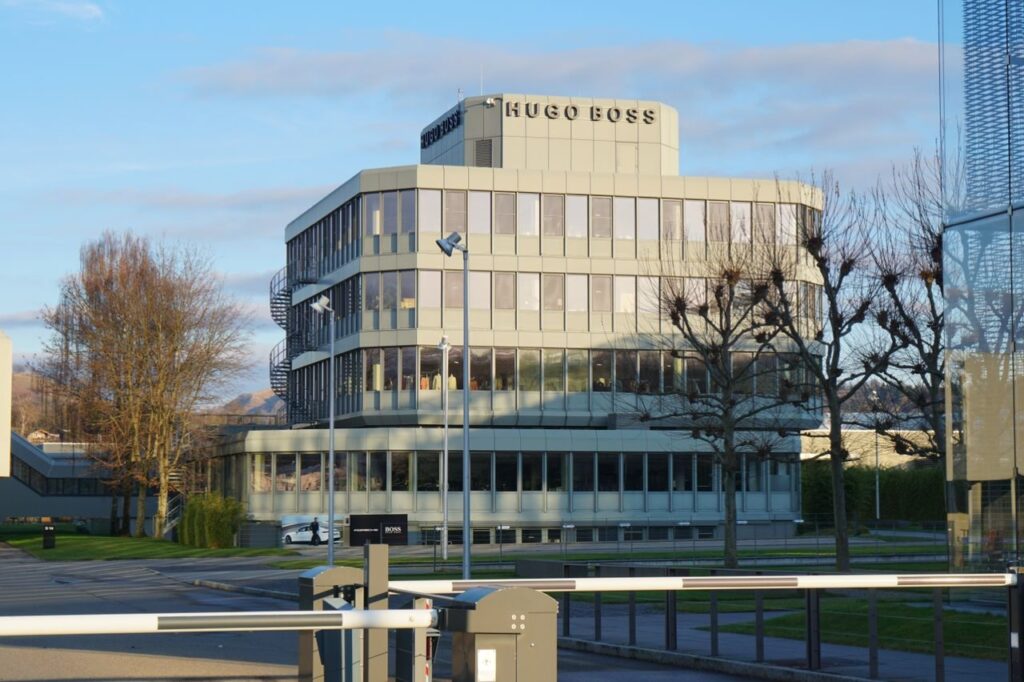
The luxury fashion house Hugo Boss has a history rooted in the darkest parts of 20th-century European history. While the company was founded in 1924, its operations significantly shifted in the 1930s when its founder, Hugo Boss, became a member of the Nazi Party. The company became a crucial supplier of uniforms for the Nazi Party, including the SS (Schutzstaffel) and the Hitler Youth. This mass production provided a vital financial boost during economic hardship. The modern corporation has publicly acknowledged and apologized for its wartime activities, noting the use of forced labor in its factories during the period.
5. Volkswagen’s Foundation by Adolf Hitler
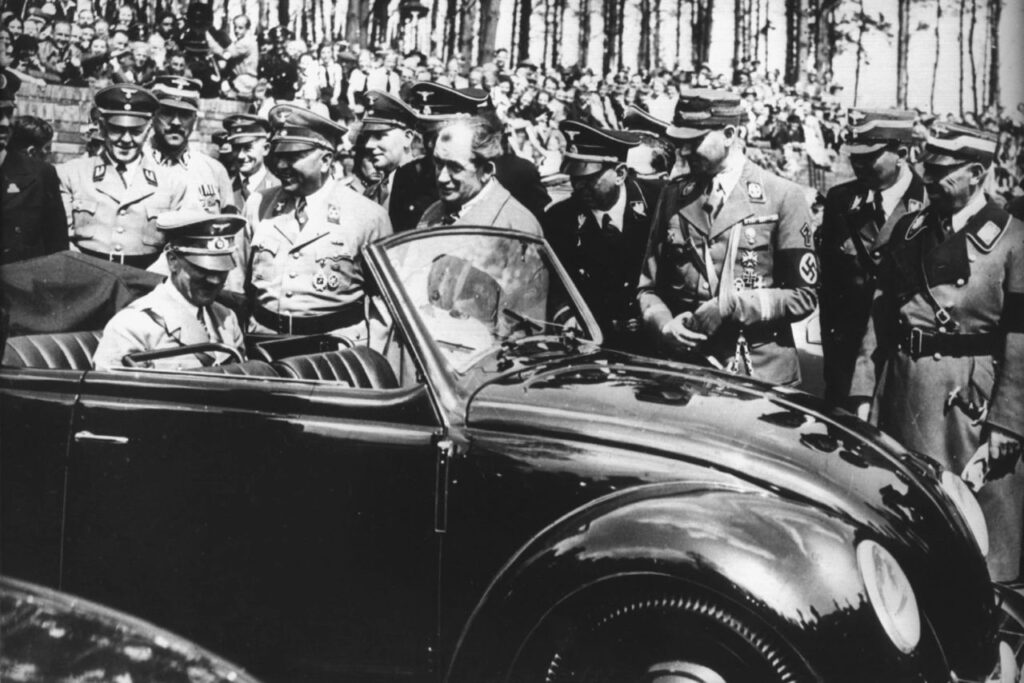
The German automaker Volkswagen, which means “People’s Car,” was founded in 1937 under the explicit directive of Adolf Hitler. Hitler desired a cheap, reliable car that the average German family could afford and use on the country’s new highway system, the Autobahn. The design was famously assigned to Ferdinand Porsche, who created the prototype for the car that would eventually become the iconic Volkswagen Beetle. The company’s establishment and early funding were intrinsically linked to the Nazi regime, a complex history that the modern global corporation has worked to address and contextualize.
6. Kellogg’s Corn Flakes and Diet for Morality
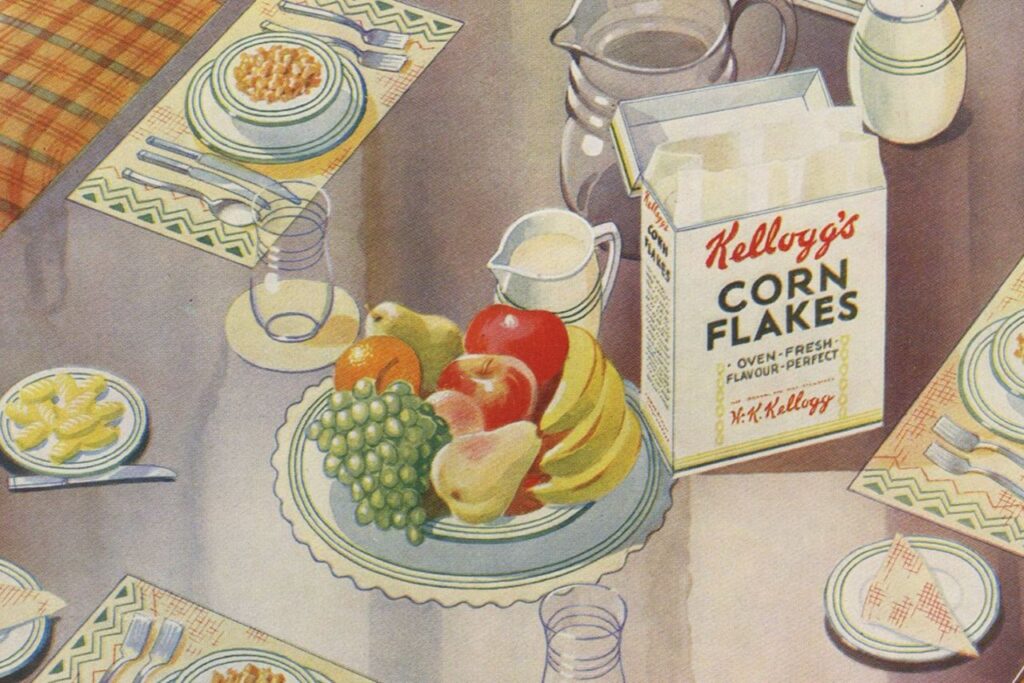
Corn Flakes, the breakfast staple, were originally developed in the late 19th century by John Harvey Kellogg, a devout Seventh-day Adventist. As the Chief Medical Officer at the Battle Creek Sanitarium, Kellogg was a major proponent of a bland, vegetarian diet. His dietary philosophy, which also inspired other early breakfast cereals, was intended not just for physical health but for moral and spiritual purity, as he controversially believed that unstimulating foods could help curb what he considered inappropriate sexual desires, including masturbation, a notion far removed from the cereal’s current marketing focus.
7. Mountain Dew’s Moonshine Mixer Origin
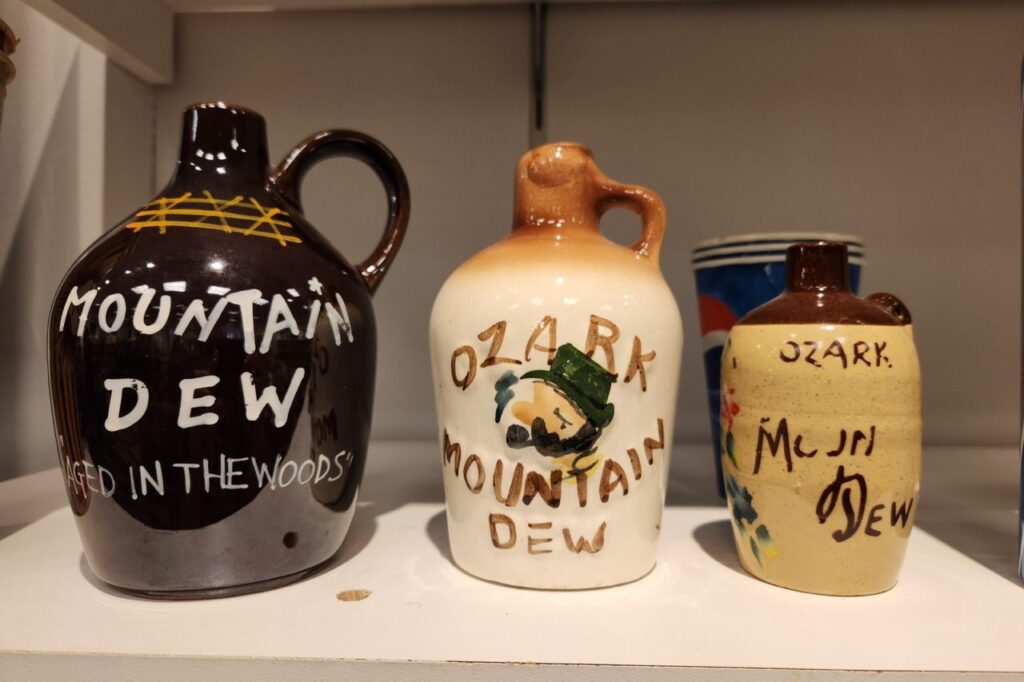
The citrus-flavored soft drink Mountain Dew began its life in the 1940s as a mixer for hard liquor, specifically for illegal whiskey, or “moonshine.” Tennessee beverage bottlers Barney and Ally Hartman created the drink because they struggled to find a consistent source of suitable mixers that complemented the taste of the local homemade spirits. The name “Mountain Dew” was a long-standing regional slang term for moonshine in the Appalachian Mountains. It wasn’t marketed as a standalone soft drink until the 1960s, a heritage of illicit activity that contrasts sharply with its current image as an extreme sports and gaming brand.
8. NASCAR’s Tie to Prohibition-Era Bootleggers
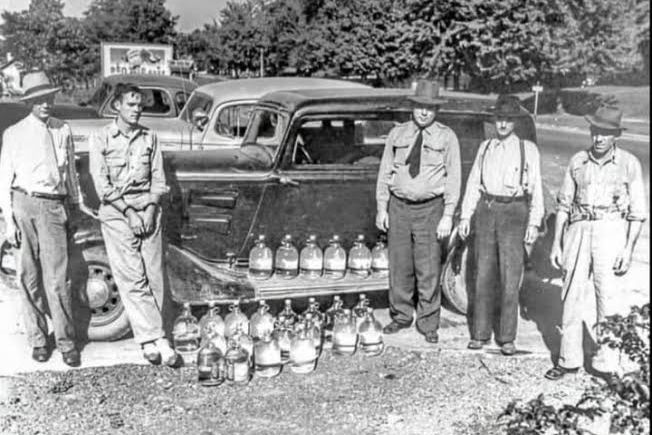
The National Association for Stock Car Auto Racing (NASCAR) has a direct and undeniable historical link to the illegal practice of running moonshine during America’s Prohibition era. Bootleggers in the Southern US needed fast, powerful cars to evade federal agents. They would soup up their Ford coupes and other vehicles to outrun the law on winding backroads. After delivering their illegal product, these drivers would race each other on improvised dirt tracks for bragging rights and prize money. This informal, high-stakes competition gave rise to the organized, professional sport established by Bill France Sr. in 1948.
9. Dolce & Gabbana’s Anti-China Campaign
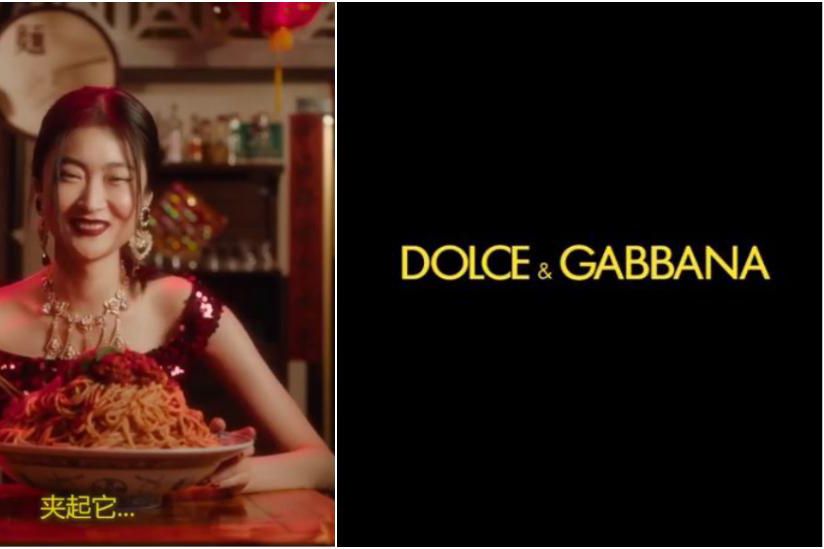
The luxury Italian fashion house Dolce & Gabbana is a global icon, yet its history is notably marked by a string of controversial marketing and social missteps. One of the most damaging was a 2018 advertising campaign in China that featured a Chinese model struggling to eat Italian food with chopsticks, which was widely perceived as racially insensitive and stereotyping. This was compounded by highly offensive messages allegedly sent by co-founder Stefano Gabbana in private messages. The resultant backlash and calls for boycotts severely damaged the brand’s standing in the crucial Chinese market, forcing the company to issue a public apology video.
10. Tylenol’s 1982 Cyanide Crisis

While Tylenol’s origin is not inherently controversial, the 1982 Tylenol murders crisis became a seminal event the brand would prefer to forget, though its handling ultimately redefined consumer trust. Several people in the Chicago area died after consuming Extra-Strength Tylenol capsules that had been laced with cyanide by an unknown perpetrator. Johnson & Johnson, Tylenol’s parent company, immediately executed a massive recall of 31 million bottles, costing millions, and pioneered the use of tamper-proof packaging. This drastic, consumer-first response set a new gold standard for product safety and is credited with saving the brand’s reputation.
11. Ford’s Founder and Anti-Semitic Publications

Henry Ford, the visionary founder of the Ford Motor Company, is celebrated for pioneering the assembly line but is also stained by his prominent anti-Semitic views. From 1920 to 1927, he published a compilation of articles in his newspaper, The Dearborn Independent, titled The International Jew: The World’s Foremost Problem, which propagated conspiracy theories and deeply prejudiced views against Jewish people. The work was translated and widely distributed, even influencing some of Hitler’s early thoughts. Although Ford officially retracted the publication in 1927, this hateful rhetoric remains a problematic and significant chapter in the company’s history.
12. Adidas and Puma’s Fraternal Feud Origin
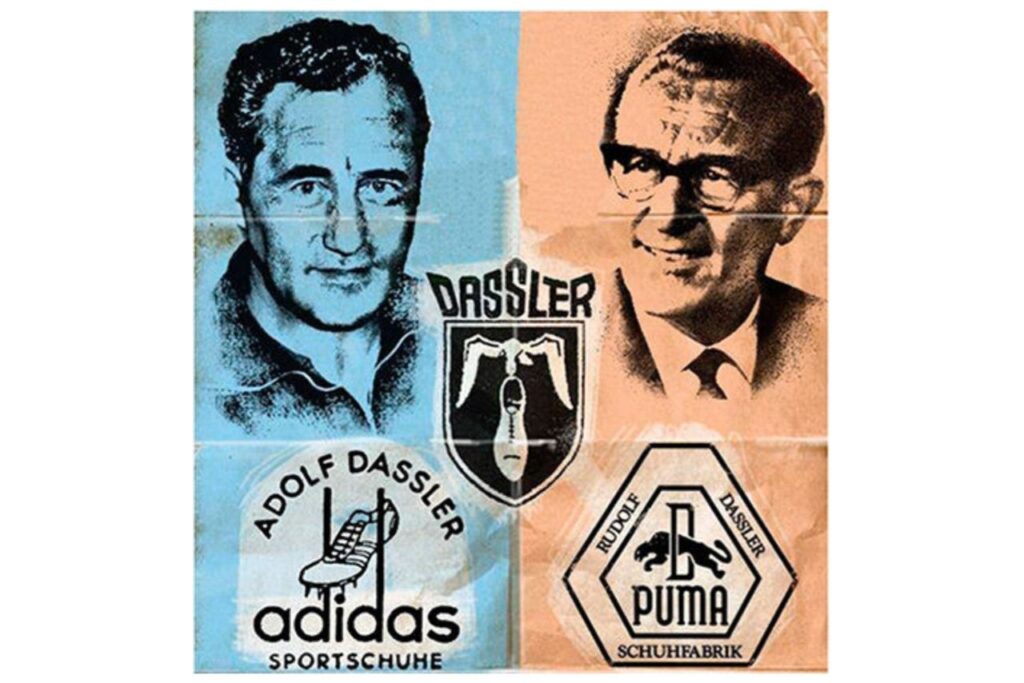
The global sportswear rivals Adidas and Puma were founded by two German brothers, Adolf (“Adi”) and Rudolf Dassler, respectively, whose bitter and lifelong personal feud split their original family shoe company. The brothers initially co-founded the “Dassler Brothers Shoe Factory” in the 1920s, but a deep rift, exacerbated by the tensions of World War II, led to an irreparable separation in 1948. Adi went on to create Adidas, while Rudolf founded Puma, leading to decades of intense competition and a famous division of their small German hometown, Herzogenaurach, into two rival camps, one for each brand.
13. Marlboro’s Original Feminine Appeal
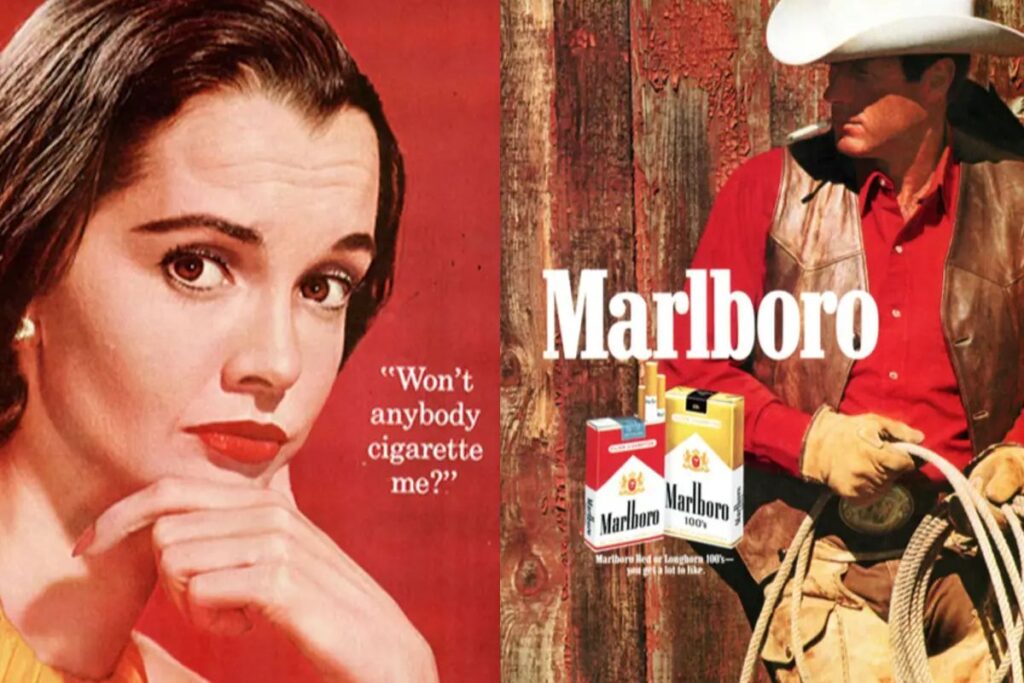
Marlboro, now synonymous with the rugged, masculine image of the “Marlboro Man” and its associated cowboy advertisements, actually began its life in 1924 as a cigarette marketed primarily to women. The original slogan was “Mild as May,” and the brand featured a red filter ring to hide lipstick marks on the white paper. However, following health reports linking smoking to disease in the 1950s, the company sought to reposition filter cigarettes, which were then seen as feminine, to men. The successful 1955 launch of the tough, masculine cowboy campaign completely reversed the brand’s initial female-focused identity.
14. Avon’s Start as a Bookseller’s Perfume Perk
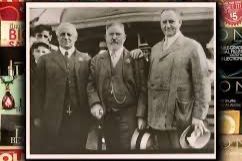
Avon, the beauty and cosmetics company known for its “Avon Lady” and pioneering door-to-door sales model, was initially founded in 1886 by David H. McConnell as the California Perfume Company. McConnell, a traveling bookseller, quickly realized that the small perfume samples he offered as a promotional perk with his books were more popular than the books themselves. Critically, he discovered that women made the most effective salespeople because they were natural networkers who could easily connect with other women in their communities, laying the foundation for a global brand built on female entrepreneurship.
15. Gerber’s Uncompensated Baby Model
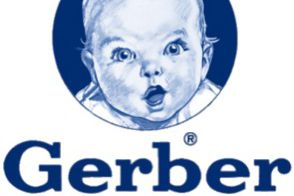
The iconic logo for Gerber baby foods, recognized worldwide as a symbol of infant nutrition, originated as a simple charcoal sketch submitted in a 1928 contest. The drawing was an unfinished portrait of a neighbor’s baby, Ann Turner Cook, at five months old. The artist only submitted the sketch to show the potential, intending to complete it later, but Gerber was so taken with the simplicity and appeal that they adopted it as the official logo. Despite becoming one of the most famous brand faces globally, Cook’s family only received a one-time fee of $300 for the permanent use of the portrait.
16. Chiquita’s Link to US Military Intervention
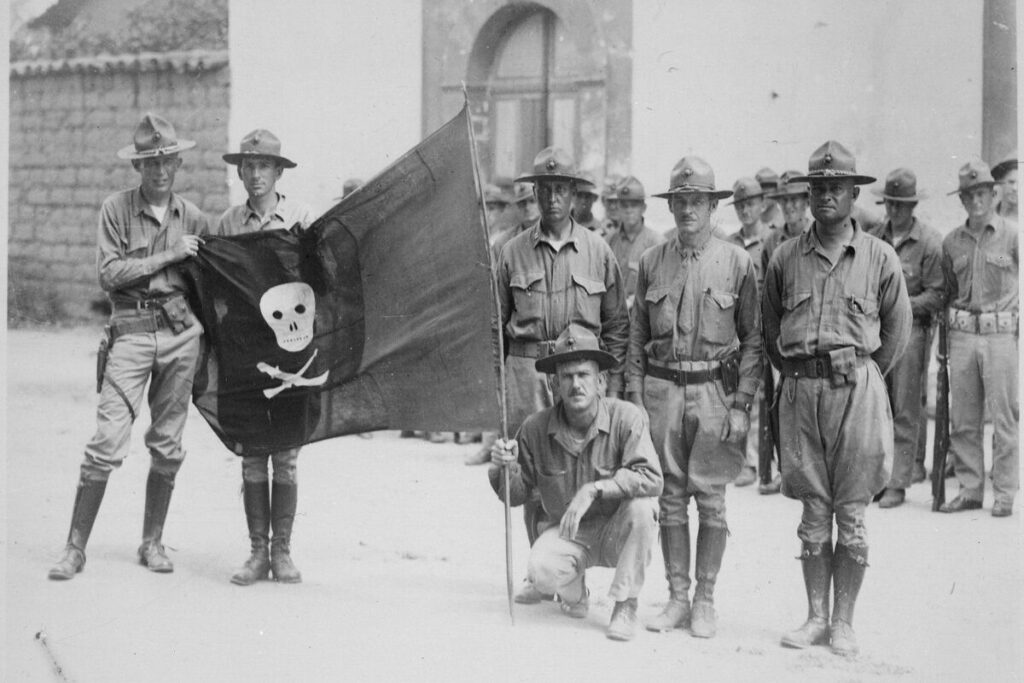
The fruit company Chiquita Brands International, formerly known as the United Fruit Company (UFC), has a complex and controversial history tied to US foreign policy in Central America. In the mid-20th century, UFC wielded immense economic power in countries it effectively turned into “banana republics.” A pivotal and damaging moment was the company’s lobbying of the US government to intervene against the democratically elected government of Jacobo Árbenz in Guatemala in 1954, which had planned land reform that threatened the company’s vast, untaxed land holdings. This historical pattern of corporate manipulation and political intervention is a legacy the modern brand prefers not to highlight.
17. Listerine’s Journey from Surgical Antiseptic
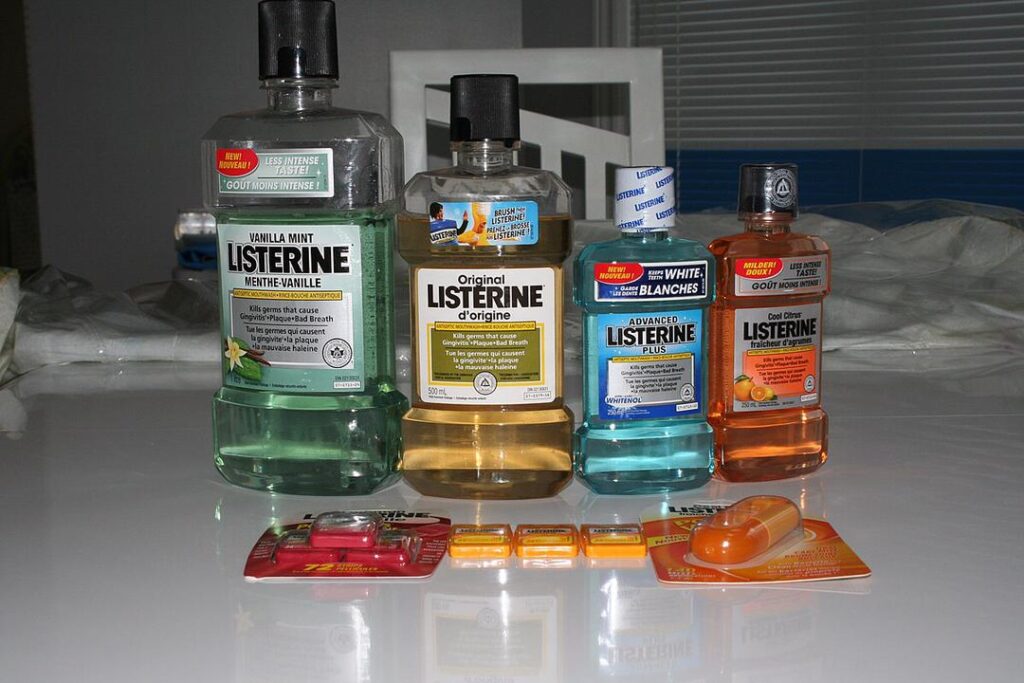
The popular mouthwash Listerine, a staple in medicine cabinets worldwide, was first formulated in 1879 by Dr. Joseph Lawrence as a surgical antiseptic to reduce infections during operations. It was named after Joseph Lister, the English surgeon who pioneered antiseptic surgery. For decades, it was also sold for a variety of domestic purposes, including as a floor cleaner and a remedy for dandruff. It wasn’t until the 1920s that it was aggressively and successfully marketed as a cure for “chronic halitosis” (bad breath) under the brand’s new ownership, a shift that transformed its public identity from a medical product to a consumer hygiene solution.
18. Nike’s Early Overseas Labor Issues
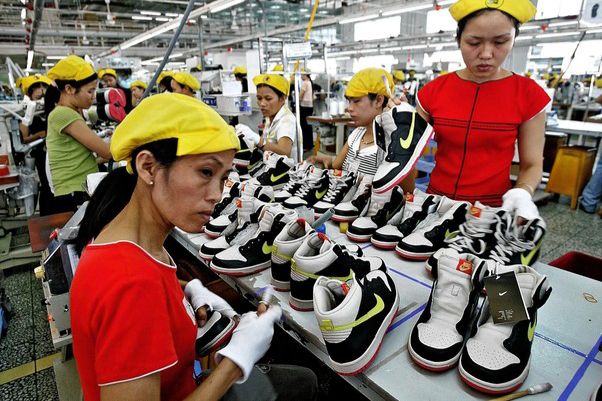
The athletic apparel giant Nike, known globally for its innovative products and famous celebrity endorsements, faced significant and sustained controversy throughout the 1990s over its labor practices in overseas factories. Activists and media reports documented poor working conditions, low wages, and long hours in the company’s contract manufacturing plants, particularly in Southeast Asia, which were often referred to as “sweatshops.” This widespread public criticism forced Nike to eventually implement major changes, including external monitoring of factories and improved labor standards, reshaping how the industry addresses global supply chain ethics.
19. Abercrombie & Fitch’s Exclusionary Marketing
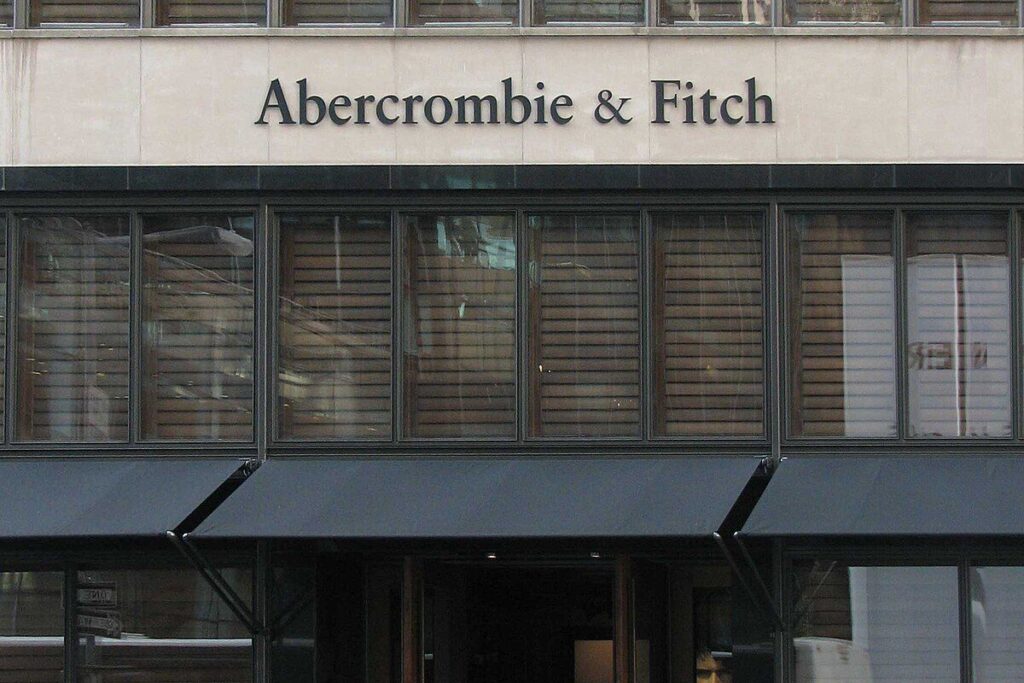
In the early 2000s, the clothing retailer Abercrombie & Fitch achieved massive popularity with its casual-luxury brand, but its success was built upon a controversial, exclusionary marketing strategy. Former CEO Mike Jeffries openly stated that the brand was only for “cool, good-looking people,” and he deliberately avoided stocking larger sizes, particularly for women, in order to maintain an elitist and aspirational image. The company faced multiple lawsuits alleging discriminatory hiring practices based on appearance and race, an uncomfortable history that the brand has since tried to reverse under new leadership.
20. Procter & Gamble’s Satanic Panic Rumors
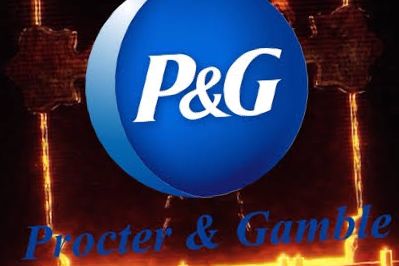
For decades, the consumer goods powerhouse Procter & Gamble (P&G), which owns Tide, Crest, and Pampers, battled persistent and entirely untrue urban legends that its former 19th-century trademark was a symbol of Satanism and that the company was linked to a satanic cult. The trademark in question, featuring the man in the moon and 13 stars, sparked a panic that was spread through phone chains and later the internet, leading to boycotts. Although P&G successfully sued individuals for defamation, the company ultimately abandoned the logo in 1985 to stop the damaging rumors.
A little curiosity often reveals the incredible complexity behind the labels we take for granted.
Like this story? Add your thoughts in the comments, thank you.
This story 20 Famous Brands With Origins They Don’t Like to Talk About was first published on Daily FETCH


